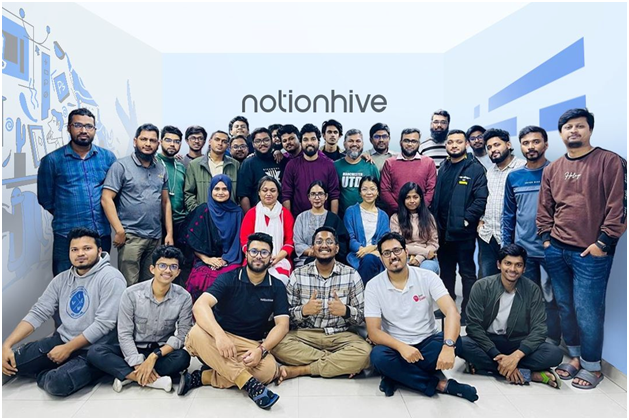
By Sumaiya Binte Shahadat and Abu Shahadat Md Ibrahim: As Bangladesh races toward its Vision 2041 target of becoming a high-income nation, one engine of transformation is emerging stronger than ever: the digital economy. Once viewed as a sector for elites and tech-savvy youth, digitalization is now reshaping how we work, do business, learn, and govern. Yet, while we’ve made remarkable progress in expanding internet access and mobile usage, the question remains—how do we turn digital connectivity into inclusive, equitable, and sustainable economic development?
Bangladesh has witnessed an explosion of digital activity in recent years. From the rapid growth of mobile financial services to the rise of e-commerce platforms and the mainstreaming of digital payments, the digital economy is touching nearly every aspect of life. Remote work, online education, and virtual service delivery have become realities, accelerated by the COVID-19 pandemic. But we must go beyond celebrating these shifts—we must ask who benefits, and who risks being left behind.
To build a digital economy that delivers real development outcomes, access must be paired with empowerment. Digital literacy is still uneven, especially in rural and low-income communities. Women, older people, and persons with disabilities often lack not just devices or internet, but also the skills to participate meaningfully in the digital world. Investments in infrastructure must go hand in hand with targeted programs to train, upskill, and connect these groups to opportunities. A strong foundation in schools and universities—integrating coding, data literacy, and entrepreneurship—is essential to prepare the next generation of digital professionals and innovators.
At the same time, small and medium-sized enterprises (SMEs)—the backbone of our economy—need better support to digitize. E-commerce platforms, mobile banking, and digital logistics solutions can revolutionize how rural businesses grow. However, barriers such as a lack of digital financing, limited trust in online systems, and gaps in cybersecurity awareness continue to hold back adoption. Government-backed innovation hubs, simplified digital credit access, and public-private mentorship schemes can go a long way in unleashing this potential.
We also need to rethink how the digital economy fits into the broader development agenda. It’s not a standalone sector—it’s a powerful enabler across agriculture, healthcare, education, manufacturing, and governance. A farmer using an app for crop pricing, a student attending online vocational classes, or a small clinic using telemedicine platforms—these are the real faces of digital transformation. Public policy must recognize this interdependence and design cross-sector strategies that embed digital inclusion in every development goal.
Equity must remain central to our digital ambitions. A digital Bangladesh that only benefits the urban middle class will deepen inequalities. Instead, we must promote digital services in local languages, expand affordable internet to underserved regions, and design tech platforms that consider accessibility and cultural sensitivity. The aim should be not just economic growth, but social cohesion and empowerment.
To ensure long-term success, we must also address structural and regulatory issues. Startups need better access to capital and simplified tax regimes. Data privacy, digital identity, and consumer protection frameworks must evolve to keep up with innovation. And our universities and think tanks must be empowered to lead research in emerging technologies, behavioral patterns in digital adoption, and the socio-economic impacts of digital transformation.
Bangladesh is at a pivotal moment. The digital economy is no longer a promise—it is a path. But the speed and direction of our journey will depend on the choices we make today. Will we invest in inclusion, innovation, and integration? Or will we allow the digital divide to mirror and reinforce existing inequalities?
Connectivity is a starting point—not the end goal. A truly transformative digital economy must generate livelihoods, reduce poverty, and unlock human potential at every level of society. With the right mix of policy vision, private sector engagement, and grassroots empowerment, Bangladesh can build a digital future that is not only competitive but just, inclusive, and resilient.
Sumaiya Binte Shahadat is an IT specialist at NRB Global Bank, with expertise in digital systems, fintech, and youth-focused financial inclusion.
Abu Shahadat Md Ibrahim is a PhD candidate in Mineral and Energy Economics at Colorado School of Mines, USA, and an Assistant Professor at the Institute of Energy, University of Dhaka.












0 Comments